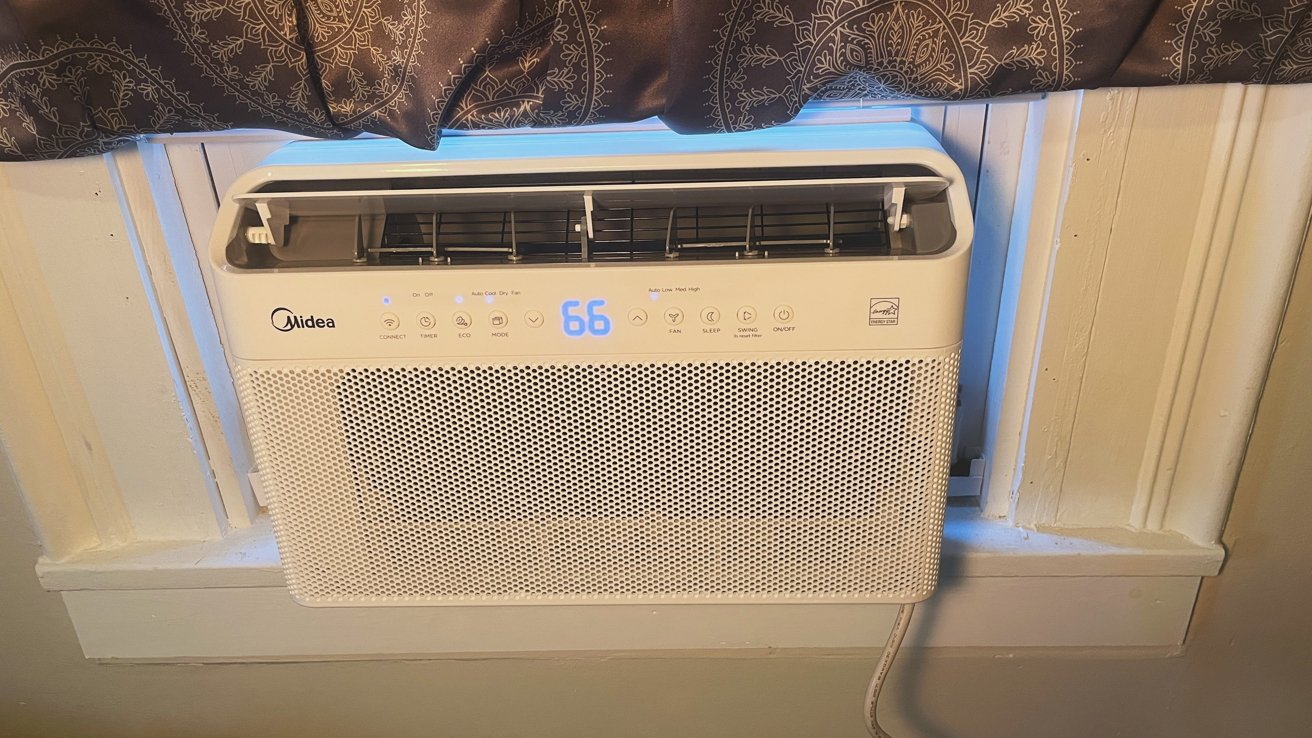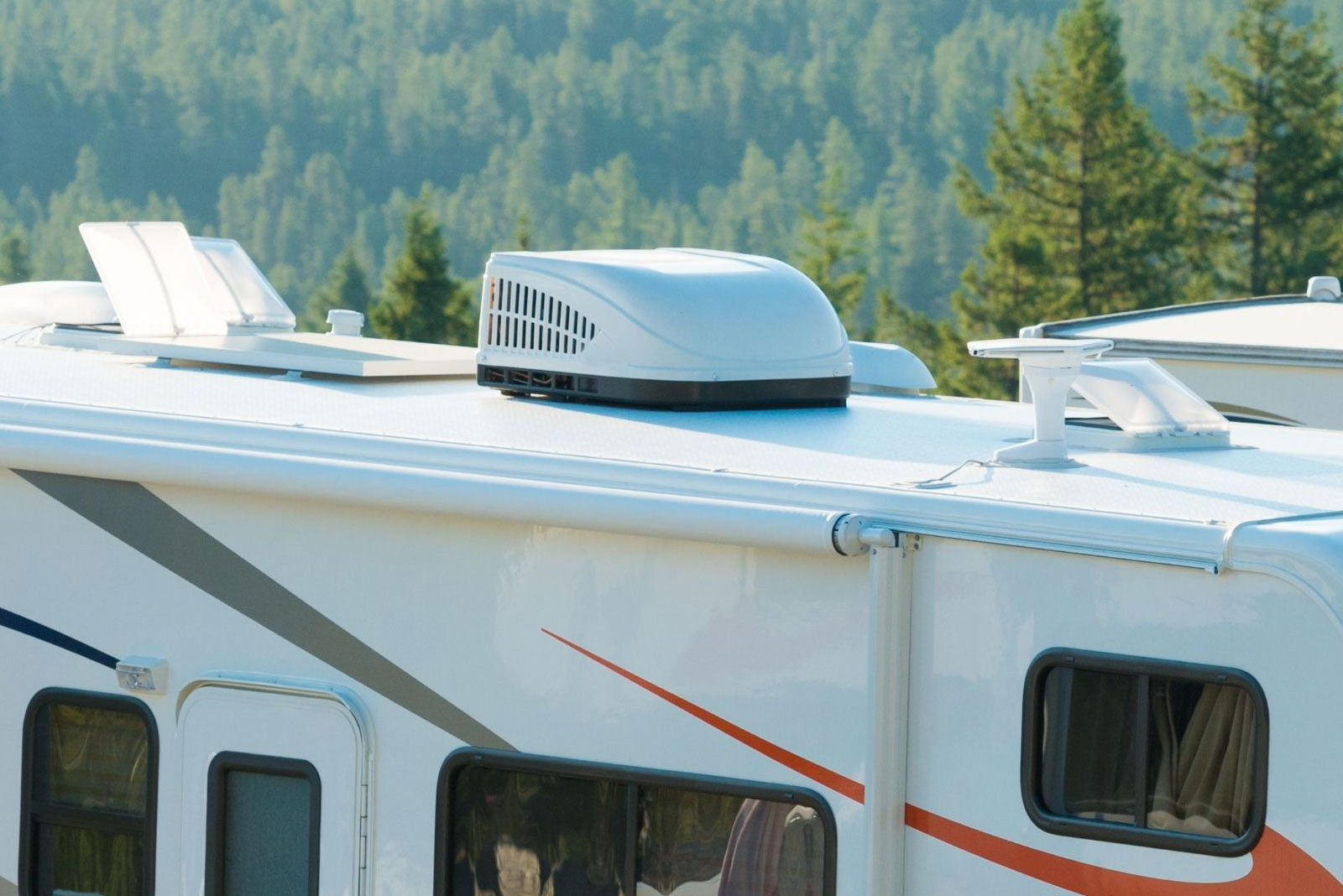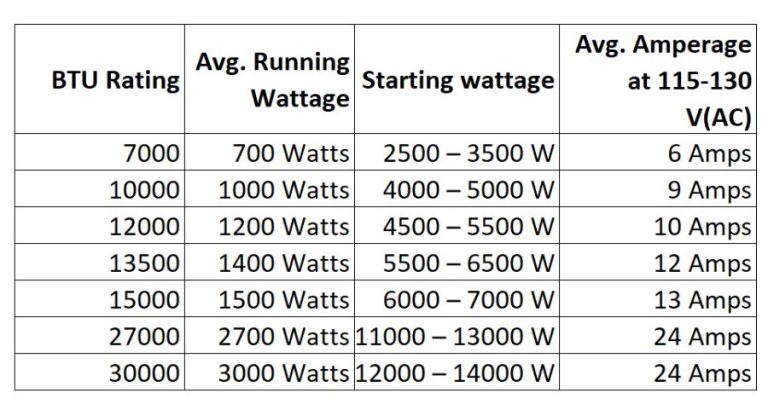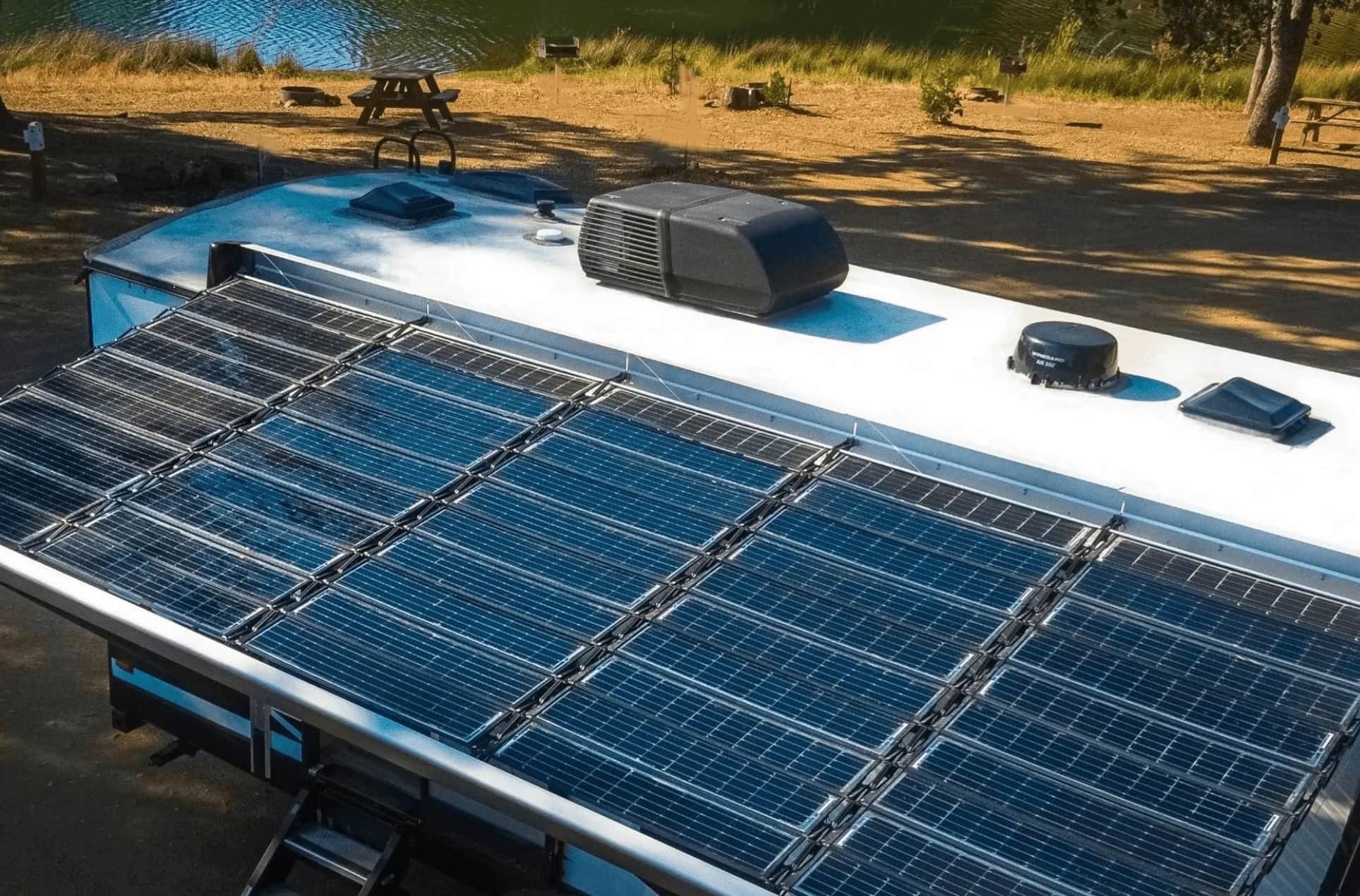How Many Watts To Run Rv Air Conditioner

Unlocking RV AC Efficiency: Understanding Wattage and Saving Energy on the Road
RV adventures offer freedom and flexibility, but keeping cool on hot days can quickly drain your batteries and wallet. Understanding how many watts your RV air conditioner consumes is the first step towards managing your energy usage and saving money. This article will delve into the power requirements of RV AC units, explore factors that influence wattage draw, and provide practical tips to optimize energy efficiency.
Decoding RV AC Wattage: A Range of Possibilities
RV air conditioners typically range from 5,000 BTU to 15,000 BTU (British Thermal Units). BTU measures the cooling capacity of the unit. A higher BTU rating signifies greater cooling power, but also higher energy consumption. Consequently, the wattage required to run these AC units varies considerably.
Here’s a general breakdown:
- 5,000 BTU AC: Typically consumes between 500 and 700 watts. Ideal for very small RVs or supplementing larger units.
- 13,500 BTU AC: This is the most common size for RVs, drawing between 1300 and 1700 watts while running. The starting wattage, however, can surge to 2200-3000 watts.
- 15,000 BTU AC: These powerful units require 1500 to 2000 watts to run continuously, with a starting surge similar to the 13,500 BTU models.
It's crucial to consult your AC unit's nameplate or owner's manual for the exact wattage and amperage requirements. This information is essential for determining the appropriate power source and preventing overloads.
The Surge Factor: Why Starting Wattage Matters
When an RV air conditioner initially starts, it requires significantly more power than its continuous running wattage. This surge is due to the compressor needing extra energy to overcome inertia and begin circulating refrigerant. This starting wattage is a critical consideration when choosing a generator or inverter to power your AC unit.
Failing to account for the starting surge can lead to tripped breakers, generator shutdowns, and potential damage to your AC unit. Always ensure your power source can handle the initial surge requirement, which can be almost double the running wattage.
Factors Influencing RV AC Wattage Consumption
The actual wattage consumed by your RV AC can fluctuate based on several factors:
- Ambient Temperature: On hotter days, the AC unit must work harder to maintain the desired temperature, leading to increased wattage draw.
- Insulation: Poor insulation allows heat to leak into the RV, forcing the AC to run more frequently and consume more energy.
- Shade: Parking in direct sunlight increases the heat load on the RV, increasing the AC's workload.
- RV Size: Larger RVs require more powerful AC units to effectively cool the entire space, resulting in higher wattage consumption.
- AC Unit Age and Condition: Older AC units may be less efficient due to wear and tear, consuming more energy to achieve the same level of cooling. Regular maintenance and cleaning can improve efficiency.
- Thermostat Settings: Setting the thermostat to a lower temperature forces the AC to run longer and harder. Gradual temperature adjustments can save energy.
Calculating Your RV AC Energy Costs
Understanding your RV AC's wattage consumption allows you to estimate your energy costs. Here's a simple formula:
(Wattage x Hours of Use) / 1000 = Kilowatt-hours (kWh)
Multiply the kWh by your local electricity rate (dollars per kWh) to determine the cost of running your AC for a specific period.
For example, if you run a 13,500 BTU AC (1500 watts) for 6 hours at an electricity rate of $0.15 per kWh:
(1500 x 6) / 1000 = 9 kWh
9 kWh x $0.15/kWh = $1.35
This calculation provides a rough estimate. Using a smart energy monitor can provide more accurate data on your AC's actual energy consumption.
Strategies for Reducing RV AC Wattage and Saving Energy
Implementing energy-saving strategies can significantly reduce your RV AC wattage consumption and lower your overall energy costs:
- Upgrade to an Energy-Efficient AC Unit: Look for models with high EER (Energy Efficiency Ratio) or SEER (Seasonal Energy Efficiency Ratio) ratings. Energy Star certified AC units are a great place to start.
- Improve Insulation: Adding insulation to your RV's walls, roof, and windows reduces heat transfer and lowers the AC's workload. Consider reflective window coverings or insulated curtains.
- Park in the Shade: Whenever possible, park your RV in shaded areas to minimize direct sunlight exposure. Use awnings and shade cloths to further reduce heat gain.
- Use a Fan: Ceiling fans or portable fans can circulate air and create a cooling breeze, allowing you to raise the thermostat and reduce AC usage.
- Ventilation: Open windows and vents during cooler periods to promote natural ventilation and reduce the need for air conditioning.
- Regular Maintenance: Clean the AC unit's filters regularly to ensure proper airflow and optimal performance. Schedule professional maintenance to address any mechanical issues.
- Smart Thermostat Integration: Installing a smart thermostat allows for precise temperature control, remote monitoring, and programmable schedules. Some models even learn your cooling preferences and adjust settings automatically.
- Soft Start Devices: A soft start device reduces the AC unit's starting surge by limiting the inrush current. This allows you to run the AC on smaller generators or inverters.
The ROI of Energy-Efficient RV AC Solutions
While upgrading to energy-efficient RV AC solutions may involve an initial investment, the long-term ROI can be significant. Reduced energy consumption translates to lower electricity bills, less reliance on generators, and extended battery life for off-grid camping. Furthermore, many utility companies offer rebates and incentives for installing energy-efficient appliances, further offsetting the upfront costs.
Consider the following ROI factors:
- Reduced Electricity Costs: Lower energy consumption leads to direct savings on your electricity bill.
- Extended Battery Life: Efficient AC units drain batteries less quickly, allowing for longer off-grid camping trips.
- Increased Generator Lifespan: Reducing the load on your generator prolongs its lifespan and reduces maintenance costs.
- Higher Resale Value: RVs with energy-efficient upgrades are more attractive to potential buyers.
- Environmental Benefits: Reduced energy consumption contributes to a smaller carbon footprint and a more sustainable lifestyle.
Smart HVAC Integration for RVs: A New Era of Efficiency
Integrating smart HVAC technology into your RV allows for unprecedented control and optimization of your cooling system. Smart thermostats, coupled with temperature and humidity sensors, provide real-time data on your RV's climate conditions. This data can be used to automatically adjust the AC settings, ensuring optimal comfort while minimizing energy waste.
Here are some key benefits of smart HVAC integration for RVs:
- Remote Control: Adjust the thermostat from your smartphone or tablet, allowing you to pre-cool the RV before arrival.
- Automated Scheduling: Program the AC to turn on and off at specific times, ensuring efficient cooling only when needed.
- Energy Monitoring: Track your AC's energy consumption in real-time, identifying areas for improvement.
- Smart Alerts: Receive notifications if the temperature exceeds a certain threshold, preventing damage to sensitive equipment.
- Voice Control: Integrate with voice assistants like Amazon Alexa or Google Assistant for hands-free control of your AC system.
Working with HVAC Contractors: Expertise and Guidance
When upgrading or maintaining your RV's AC system, consulting with a qualified HVAC contractor is highly recommended. A professional can assess your specific needs, recommend the most appropriate AC unit, and ensure proper installation and maintenance. They can also help you identify potential energy-saving opportunities and guide you through the process of claiming any available rebates or incentives.
Look for HVAC contractors who specialize in RV applications and have experience with energy-efficient technologies. Ask for references and verify their licensing and insurance. A reputable contractor will provide a detailed quote and explain the benefits of different AC options, helping you make an informed decision.
Conclusion: Embracing Energy Efficiency for RV Adventures
Understanding the wattage requirements of your RV air conditioner is paramount for managing energy consumption and saving money on the road. By implementing energy-saving strategies, upgrading to efficient AC units, and embracing smart HVAC technology, you can enjoy comfortable RV adventures while minimizing your environmental impact and maximizing your savings. Remember to consult with HVAC professionals to ensure optimal performance and explore available rebates and incentives. Take control of your RV's energy usage and embark on a journey towards a more sustainable and cost-effective RV lifestyle.










